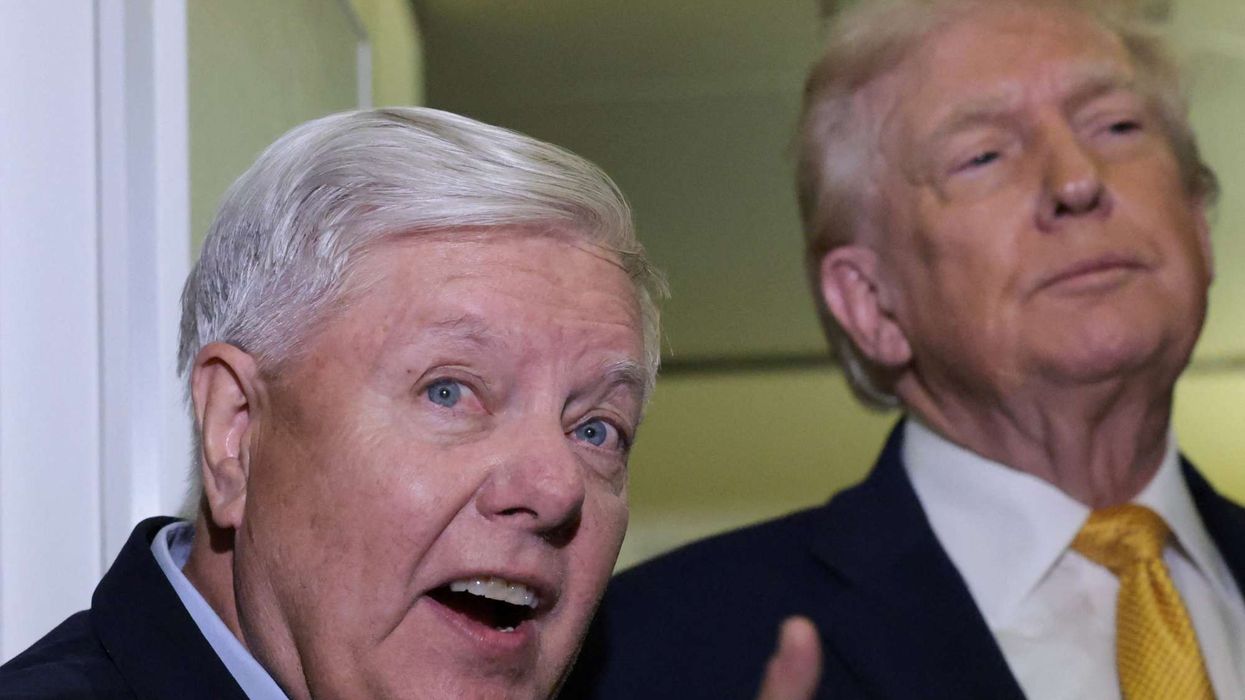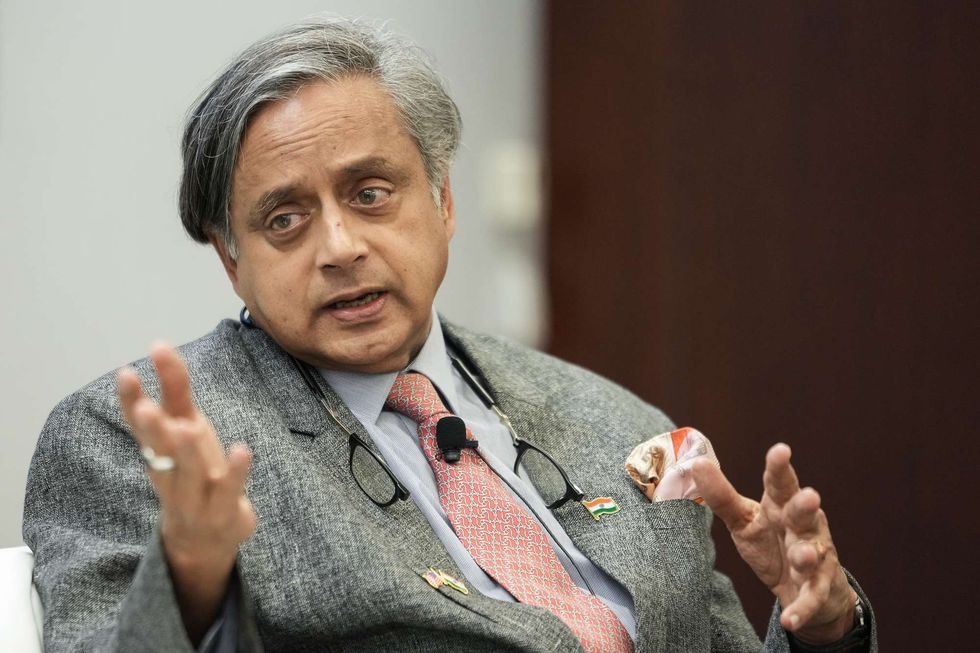UK MUSIC DATE
DON’T miss the rare chance to catch acclaimed Indian singer Mohit Chauhan live in concert at the Royal Festival Hall, London, on December 7. Known for his iconic Bollywood hits like Tum Se Hi, Masakali, Dooriyan, Pee Loon, Naadaan Parindey, and Tum Ho, Chauhan will perform with a full live band. Incredibly, this high-energy event marks his first-ever show in London. Tickets are available now.
RICH MUGHAL HISTORY
A MAJOR exhibition titled The Great Mughals: Art, Architecture and Opulence opens at the V&A Museum in London on November 9 and will run until May 2025. The exhibition celebrates the extraordinary creativity and internationalist culture of the Mughal court during its golden age, approximately between 1560 and 1660. Featured pieces include a 1657 wine cup crafted from white nephrite jade, a 17th-century emerald pendant bead, and a bejewelled dagger from 1620.
BIG DANCE CONNECTION
Mythili PrakashLEADING American Bharatanatyam exponent Mythili Prakash shared that working with renowned British dancer Akram Khan has been a life-changing experience. She is eagerly preparing to perform with him in his show Gisgenis at Sadler’s Wells Theatre, London, from November 24 to 28. Prakash will join a lineup of world-class dancers, including Khan, on stage.
Reflecting on the evolving piece, she said: “It’s a new piece. So, it’s at that place where it’s so exciting and constantly shape-shifting. We performed it in August, and now we’ll be back in November. We are so excited.”
Prakash expressed gratitude for Khan’s guidance, noting how much she has grown under his mentorship.
“He really interrogates everything at every single level. I think that’s part of giving somebody care and guidance. It’s almost like his voice has become one inside my head, asking those questions in my own work when he’s not there to do it.”
BIG FLASH IN THE PAN
Anil SharmaFOLLOWING the 2001 blockbuster Gadar, director Anil Sharma faced a string of failures over the next 22 years. A similar fate seems inevitable after the unexpected success of the awful Gadar 2 in 2023, as his upcoming film Vanvaas prepares for release. Starring Nana Patekar, Utkarsh Sharma and Simrat Kaur, this likely flop may solidify Sharma’s reputation as a filmmaker who simply got lucky twice.
MOVIE ROCKSTAR
Village RockstarsTHE 2017 award-winning film Village Rockstars surprised everyone when it was chosen as India’s official entry to the Oscars. The sequel to the Assamese coming-of-age drama recently premiered at the 29th Busan International Film Festival, where it won the best film award. This achievement reaffirms Rima Das as a talented filmmaker, though the writer, producer, and director continues to miss out on the global recognition she truly deserves.
UK RULER ROMESH IS GOING GLOBAL
Romesh RanganathanWITH countless TV shows and sold-out tours, Romesh Ranganathan has firmly established himself as a major force in the UK. Now, he is setting his sights on making a global impact, following sold-out international dates, including in Australia last month. The British comedian will continue his tour in Canada and the US in January 2025, with more performances across Europe scheduled for May. Ranganathan recently opened up about his mental health struggles behind the scenes and how he overcame them, making his achievements all the more remarkable.
KALING HAS FIRST HICCUPS
Mindy KalingAFTER a successful streak of film and TV projects, Mindy Kaling appears to be facing significant setbacks. Her poorly received animated reboot of the Scooby-Doo franchise, Velma, was cancelled after just two seasons.
Kaling was also set to cowrite the much-anticipated third Legally Blonde film, but it has reportedly been delayed indefinitely due to “scripting” issues. Additionally, her announced 2019 collaboration with Priyanka Chopra Jonas for a wedding comedy seems to have been shelved.
However, it’s not all doom and gloom – The Sex Lives of College Girls, which she co-created, will return for a third season. While Kaling remains a major player in Hollywood, she will need to focus on producing stronger work to maintain her influence.
TINY ERROR IS PART OF A BIG PROBLEM
NautilusDESPITE being a multimillion dollar production, the new underwater adventure series Nautilus, which explores the rise of Captain Nemo, stumbles with a glaring error early on. The show refers to the prison where Nemo is held as Kalpani, when the correct name is actually Kala Pani. This mistake reflects a recurring issue with overseas productions set in India, where a lack of culturally aware individuals leads to easily avoidable errors.
GANGSTER FINDS FAME
Lawrence BishnoiINDIAN cinema has long drawn inspiration from notorious underworld figures like Dawood Ibrahim, and now it seems imprisoned gangster Lawrence Bishnoi is attracting similar attention from filmmakers. His rising profile, fuelled by alleged involvement in high-profile killings, has piqued the interest of producers. Don’t be surprised if movies and web series emerge about the gangster, who reportedly enjoys political protection and runs a criminal empire from his prison cell. These projects are likely to proceed despite Bishnoi’s alleged repeated threats against Bollywood star Salman Khan.
TRIPTII DIMRI NEEDS BETTER FILM CHOICES
Triptii DimriFOLLOWING the success of Aashiqui, Rahul Roy hastily signed multiple films, prioritising quantity over quality, which led to his career fizzling out.
A similar pattern seems to be emerging with Triptii Dimri, who, after gaining fame with her role in Animal last year, has taken on a slew of projects. However, recent choices like Bad Newz and Vicky Vidya Ka Woh Wala Video have significantly underperformed.
With more questionable projects on the horizon, such as the romantic drama Dhadak 2, Dimri risks following the same trajectory.
Fortunately, the anticipated success of Bhool Bhulaiyaa 3 may buy her some time, but without better film choices, even a talented actress like her could see her career falter.






 Shashi Tharoor
Shashi Tharoor Nicolás Maduro arriving at the Down town Manhattan Heliport.
Nicolás Maduro arriving at the Down town Manhattan Heliport.






